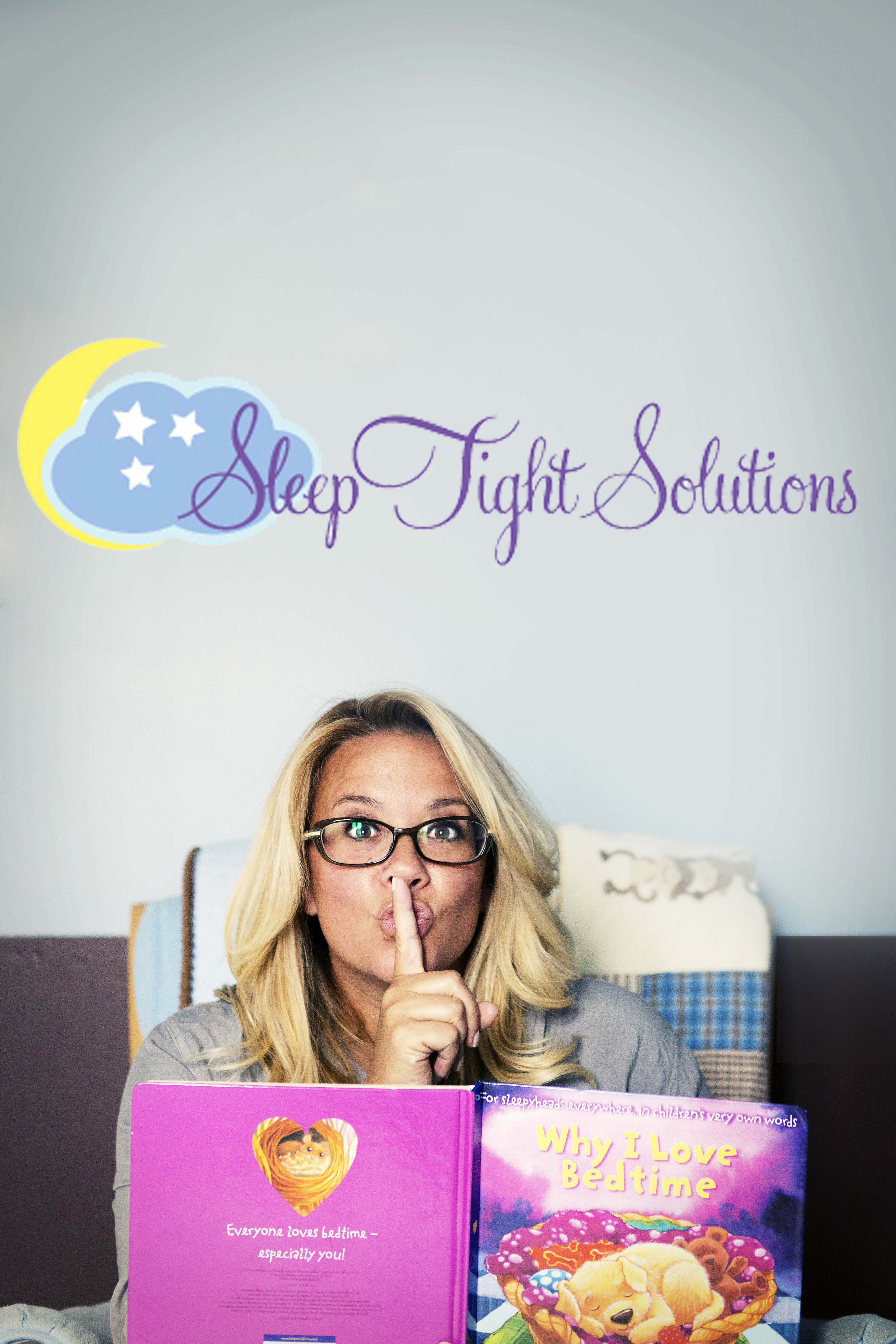
How much sleep does my baby ACTUALLY need??
What’s the favourite topic de jour amongst new moms? SLEEP or rather, lack of it. We all want to know how long each other’s babies slept for and if there are any “tricks” that we can apply. What we wouldn’t do to get one night of uninterrupted sleep!! Whether it’s your first, second or fifth child, we can all use help in the sleep department.
Babies and children require sleep. Lots of it. It is not a luxury, it is a biological need. When a child is well rested and getting the sleep they need, it allows them to be at their optimal. The best little people they can be.
Sleep is to the brain as food is to the body. It causes memory consolidation, enhances organizational skills, planning, multi-tasking and executive functioning. When a child is not getting sufficient rest, they are more irritable, frustrated and tend to get easily angered or upset.
So how much of the “good stuff” do they need? Here is a guideline for you (per 24 hr period) This is just a guideline, some children may need slightly more and some slightly less, but it will give you a good starting point:
- Newborn- 4 months: 14-18 hours
- 4-12 months: 12-15 hours
- 1-3 years: 11-14 hours
- 3-5 years: 10-12 hours
So now you know how much they should be sleeping, now you are probably asking “How do I ensure they are getting the sleep they need?”
Here are some key components we need to have in place in order to establish healthy sleep:
1. Sleep Environment
Whether your child is in your bed, a co sleeper or in their crib, there are certain aspects that should be present:
- Dark. Think cave. A child’s room during sleep should be as dark as possible. Black out blinds are essential.
- Temperature. The room should not be too hot or too cold. Approximately 68 degrees Fahrenheit is ideal.
- Crib Safety. The crib should be associated with nothing but a safe comfy place to sleep. Although tempting, we want to avoid mobiles, aquariums or any toy or device that plays music or has lights. These only distract our babies from the mission of getting to sleep. Simple bedding is all you need.
2. Schedule: Our babies have biological sleep cycles. What this means is that there are certain times in the day when their little bodies are meant to be asleep, and certain times that they are meant to be awake. If we have them up when they are meant to be asleep and vice versa, then we have problems. When we are aware of these cycles and ensure that we have them sleeping on the correct schedule, we find not only longer more restorative quality sleep, but they also have an easier time falling asleep and staying asleep. Even without selecting an actual sleep training method, just getting your baby on the appropriate biological schedule will make a huge difference and set our children up for success in the quest for healthy sleep!
3. Self Soothing Skills: Does your baby have the ability to put herself to sleep without intervention? Do you need to nurse, rock, sing, pat or swing your baby to get him to sleep every time he wakes? If the answer is yes, then your baby is lacking self soothing skills and as loving and nurturing parents, we want to help them to develop this important skill.
There are various methods that a family can choose from to sleep train their little ones. Some are more direct and some more gradual, but whichever method you choose, consistency is key!
As an infant & child sleep consultant, I am so privileged to be able to be a part of the journey for so many wonderful families. To see the dark circles disappear, the meltdown’s melt away and the smiles on everyone’s face is just priceless! Should you require more information or need some help with your children’s sleep issues, please email me at tracy@sleeptightsolutions.com







Leave a Reply